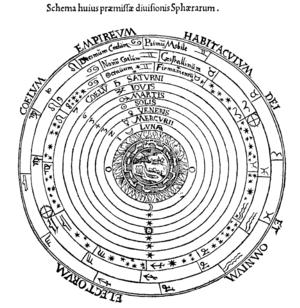This article is about the concept of nous or intellect in philosophy. See also Intelligence (disambiguation) and Intellect (disambiguation).Nous (British: /'na?s/; US: /'nu?s/), sometimes equated to intellect or intelligence, is a philosophical term for the faculty of the human mind which is described in classical philosophy as necessary for understanding what is true or real, similar in meaning to intuition. The three commonly used philosophical terms are from Greek, ???? or ????, and Latin intellectus and intelligentia respectively.In philosophy, common English translations include "understanding" and "mind"; or sometimes "thought" or "reason" (in the sense of that which reasons, not the activity of reasoning). It is also often described as something equivalent to perception except that it works within the mind ("the mind's eye"). It has been suggested that the basic meaning is something like "awareness". To describe the activity of this faculty, apart from verbs based on "understanding", the word "intellection" is sometimes used in philosophical contexts, and the Greek words noesis and noein are sometimes also used. In colloquial British English, nous also denotes "good sense", which is close to one everyday meaning it had in Ancient Greece.In Aristotle's influential works, the term was carefully distinguished from sense perception, imagination and reason, although these terms are closely inter-related. The term was apparently already singled out by earlier philosophers such as Parmenides, whose works are largely lost. In post-Aristotelian discussions, the exact boundaries between perception, understanding of perception, and reasoning have not always agreed with the definitions of Aristotle, even though his terminology remains influential.In the Aristotelian scheme, nous is the basic understanding or awareness which allows human beings to think rationally. For Aristotle, this was distinct from the processing of sensory perception, including the use of imagination and memory, which other animals can do. This therefore connects discussion of nous, to discussion of how the human mind sets definitions in a consistent and communicable way, and whether people must be born with some innate potential to understand the same universal categories the same logical ways. Deriving from this it was also sometimes argued, especially in classical and medieval philosophy, that the individual nous must require help of a spiritual and divine type. By this type of account, it came to be argued that the human understanding (nous) somehow stems from this cosmic nous, which is however not just a recipient of order, but a creator of it. Such explanations were influential in the development of medieval accounts of God, the immortality of the soul, and even the motions of the stars, in Europe, North Africa and the Middle East, amongst both eclectic philosophers and authors representing all the major faiths of their times.




Aipatu
0